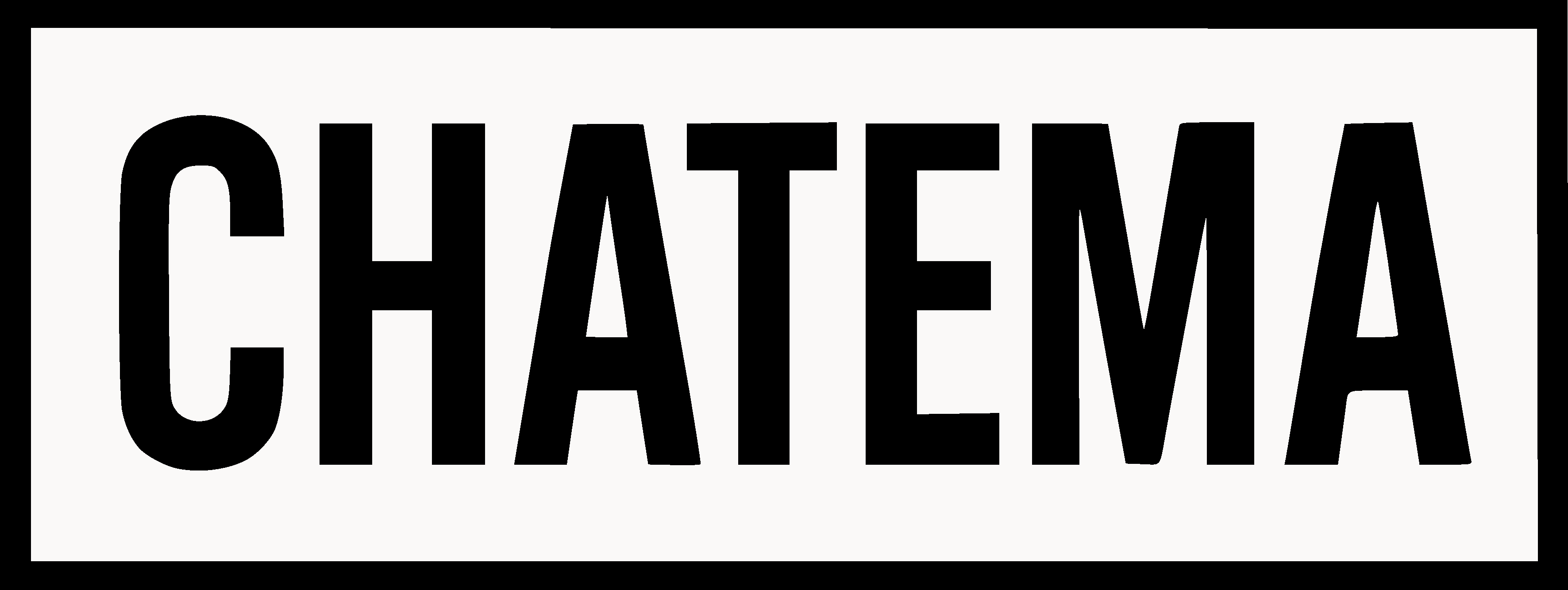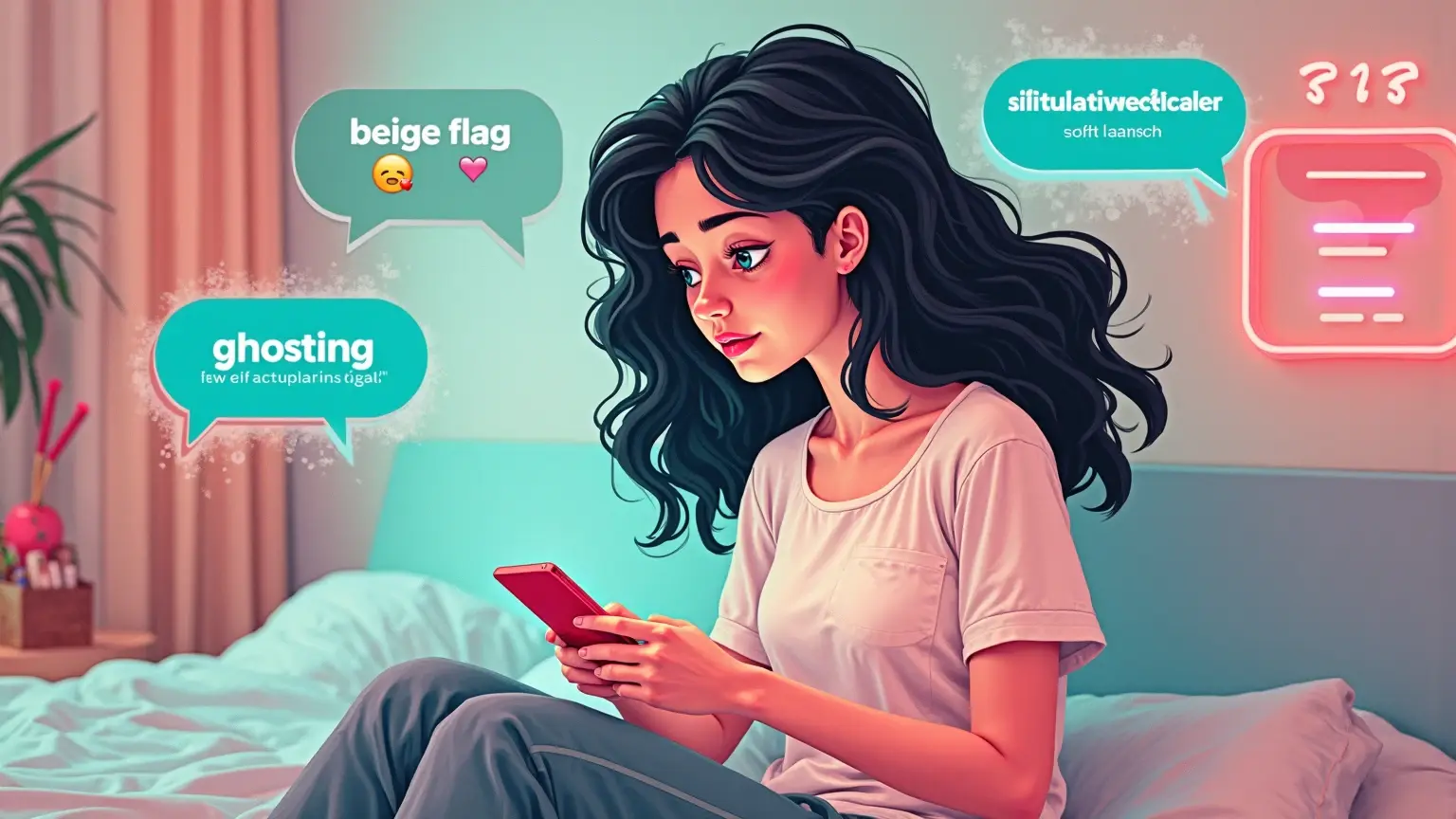Dating in 2025 isn’t just about feelings—it’s about vocabulary. As digital love evolves, so does the language people use to describe it, giving rise to new terms like 'beige flag' and 'textpectations' that are reshaping how we define connection.
From red flags to beige flags: decoding subtle deal-breakers
The term 'beige flag' has exploded across TikTok and Instagram, describing traits that aren’t outright toxic, but may be signs of boredom, mismatch, or emotional flatness. Examples? Talking only about Excel spreadsheets or quoting The Office too often. Unlike red flags (major warnings), beige flags are often met with amusement, yet they signal deeper compatibility questions in modern dating.
Trend Analysis
Search interest for 'beige flag' rose 300% in the last six months, according to Google Trends. On TikTok, the hashtag #situationship has over 4.8 billion views. Apps like Hinge and Bumble are even incorporating these terms into prompts and features, signaling a mainstream embrace of niche terminology.
‘Situationships’ and the era of undefined connection
A 'situationship' sits somewhere between dating and a relationship—it’s a romantic limbo that lacks clarity or commitment. While not inherently negative, these vague dynamics reflect a cultural shift toward non-linear, flexible bonding. In a world dominated by casual apps and ghosting, many find comfort in the ambiguous middle—but it often leaves emotional needs unmet.
Spoiler
Expect new buzzwords like 'chronically single softie' and 'breadcrumb dating' to enter the 2025 dating discourse. Language will continue evolving to match emotional and behavioral shifts in how we love.
Textpectations and communication overload
‘Textpectations’ refers to the silent rules around texting—how fast someone should reply, what a short message means, or whether emojis count as emotional labor. In a time when most dating happens via phones, the pressure to decode tone, timing, and typing speed adds layers of anxiety. As a result, digital etiquette now holds as much weight as physical chemistry.
Opinion
This ever-expanding glossary doesn’t trivialize dating—it reveals how nuanced and negotiated relationships have become. What once was 'seeing someone' now splits into stages with specific emotional rules. Language gives voice to the in-between.
Language as intimacy currency
From ‘soft-launching’ a partner to labeling someone a ‘walking ick’, language has become the lens through which romantic progress is measured. Social media isn’t just shaping behavior—it’s scripting it. The right label (or lack thereof) can determine how secure, validated, or vulnerable someone feels in a connection. For Gen Z especially, fluency in this new lexicon is social capital.
Conclusion
As relationships become less binary and more customized, so does the language surrounding them. The rise of these terms isn’t just slang—it’s a signpost of how dating is adapting to a digitized, emotionally complex era.
Frequently Asked Questions
- What is a ‘beige flag’ in dating?
- A beige flag is a mildly odd or unexciting trait in someone that isn’t harmful but may hint at deeper incompatibility or lack of spark.
- Why are terms like ‘situationship’ becoming popular?
- They help people define complex emotional dynamics in an era where traditional labels feel too rigid for modern dating behaviors.





Expert Comment